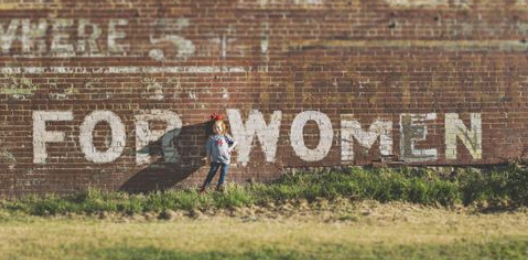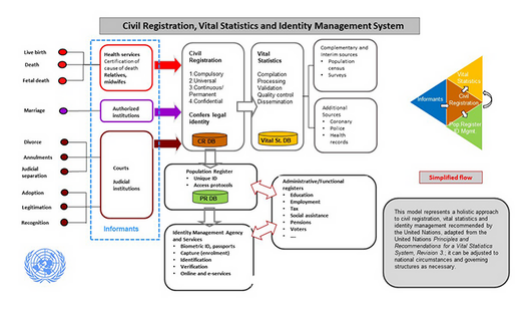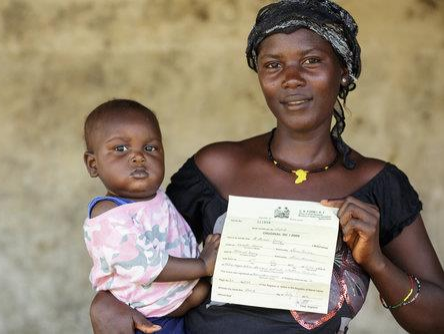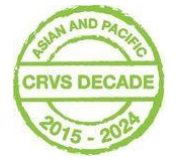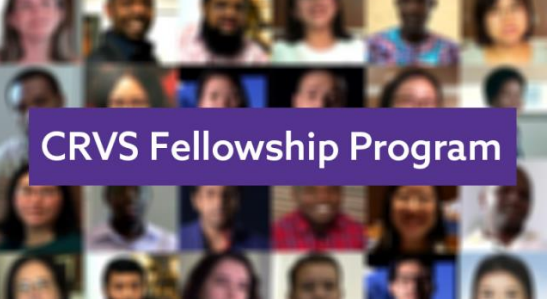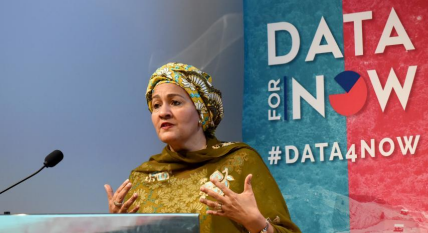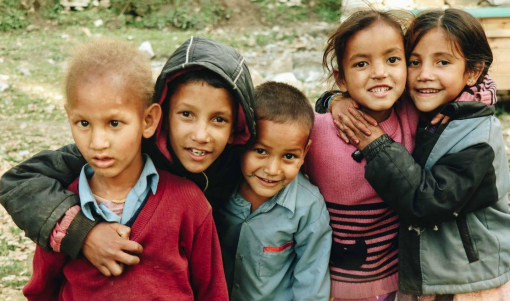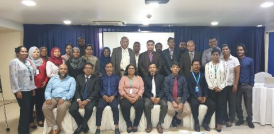On 19 September 2017 in New York, the International Labour Organization launched two seminal reports: Global Estimates for Child Labour: Results and Trends, 2012 – 2016 and Global Estimates of Modern Slavery: Forced Labour and Forced Marriage. Following the multi-year, collaborative research project conducted with Alliance 8.7 Members, the Walk Free Foundation and the International Organization for Migration, the reports reveal what the ILO deems the “true scale of modern slavery around the world”. Notably, the Child Labour report highlights the importance of birth registration, specifically as it pertains to building a policy response to child labour for the road forward.
First, the report emphasizes that, “Free and compulsory education of good quality up to the minimum age for admission to employment is a key tool in ending child labour”, but also notes that the cost to the family is one of the primary barriers preventing educational access for children. In response, the report stresses the need for investment in child education and singles out the link between cash transfers, non-means-tested benefits, and birth registration as a viable method for offsetting “the indirect cost of children’s time in school”.
Second, the report acknowledges poverty, risks, and shocks to the family as the primary drivers behind child labour and says that “social security is critical to mitigating these vulnerabilities”. After emphasizing public employment programmes, health protections, unemployment protections, and basic income security as the basis for a well-designed social security system, the report ultimately concludes that “Birth registration, itself a key human right, is an essential starting point for ensuring coverage in all of these areas”.
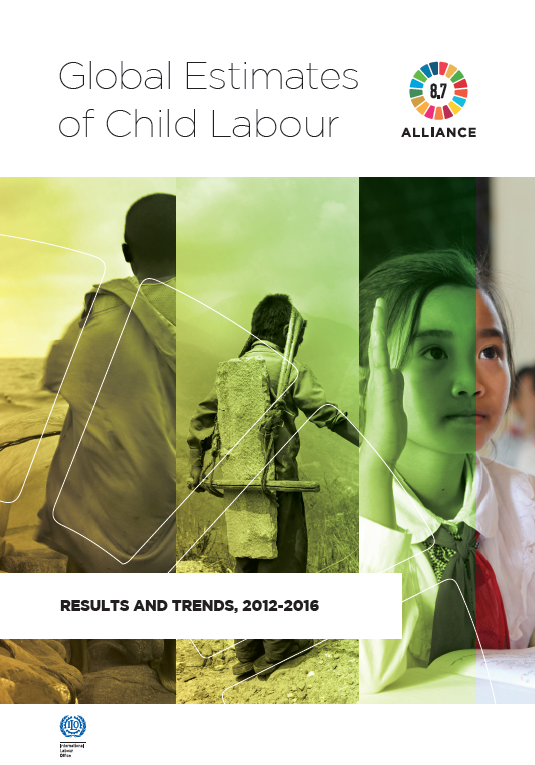
More News
(Newsletter: CRVS Insight January 2020) The Centre of Excellence for CRVS Systems, along with Open…
The Institute on Statelessness and Inclusion is offering two courses on statelessness in 2020: 1)…
(Newsletter: CRVS Insight February 2020) On December 9, 2019 the United Nations Statistics…
(Newsletter: CRVS Insight December 2019) At the request of DSG Ms. Amina Mohammed, a time-bound…
(Newsletter: CRVS Insight December 2019) As an important component for monitoring and evaluating…
(Newsletter: CRVS Insight July 2019) The United Nations Economic and Social Commission for…
(Newsletter: CRVS Insight October 2019) The University of Melbourne, as part of the Bloomberg…
(Newsletter: CRVS Insight October 2019) During the 74th Session of the UN General Assembly,…
(Newsletter: CRVS Insight October 2019) North and Central Asian countries are moving quickly to…
(Newsletter: CRVS Insight July 2019) A delegation of 8 officials from Bangladesh Bureau of…


